When democracy-cushioning institutions are put under siege for partisan interests
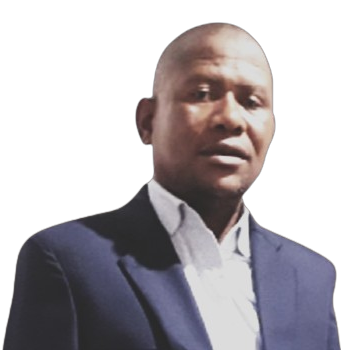
Mr Mzimkhulu Sithetho
Managing Director of the Governance Institute for Sustainable Development and Editor-In-Chief of thizkingdom.com
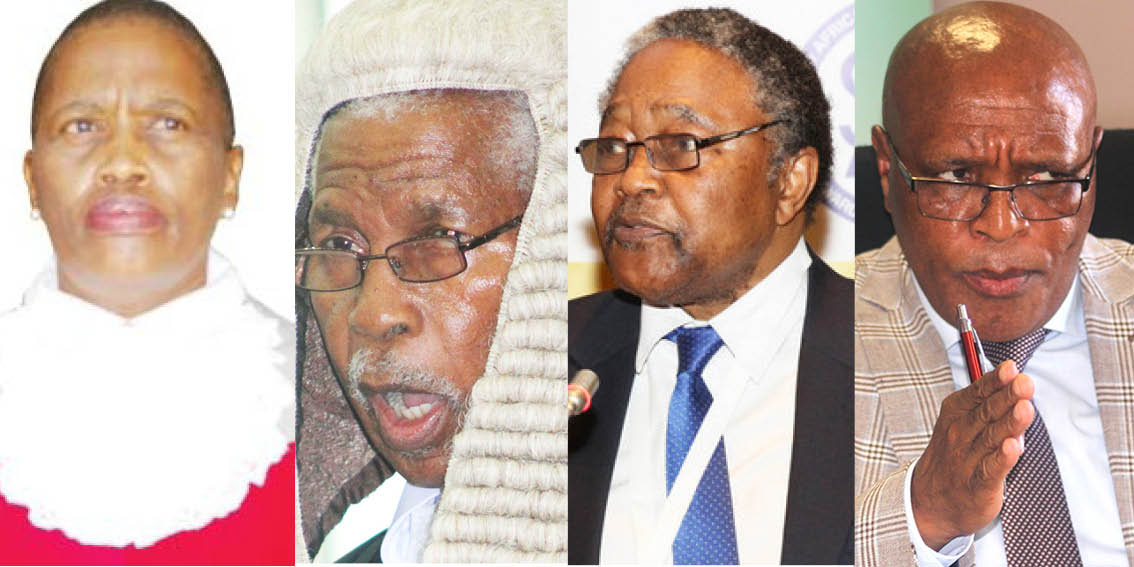
Good governance
It is obvious even to a simpleton that all is not well in the ruling All Basotho Convention (ABC), a spat that followed the elective conference staged earlier this year. The '˜two National Executive Committees (NECs)' are engulfed in a tug of war, a tussle for power to lead the ABC. In the quagmire that threatens to split the party if no remedial action is taken as directed by the courts, the latter has been in advertently embroiled into this brawl. The two warring sides of the ABC have recently been on a crusade to attack the courts of law in their separate political rallies. Members of one of the factions of the party, is reported to have charged that their side was mooting a protest against Acting Chief Justice, 'Maseforo Mahase for delaying to pass a verdict on a case that is before her. One of the protest ringleaders was said to have said: "We have to go there and courts that what is happening (delay in finalising the case) is out of order and the courts must serve their purpose. Let us get ready so that we can go and condemn 'Maseforo because this is uncalled for." If a name of a sitting judge is mentioned in political rallies, this is a blatant attack on the courts, no matter the circumstances. There have been other several attacks on the Acting Chief Justice, and the judiciary as a whole in separate political rallies by political party followers under the very nose of leaders of the party.
This happens in a country that claims to be embracing democratic rule, more so when the country is seized with multi-sector reforms, with parliament and the courts targeted for reforms. But under the leadership of ABC, the two institutions have historically been a victim of interference or to put it succinctly, a scapegoat for the ruling elite. This gives credence to any doubt about the potential fruitfulness of the reforms, for which the two institutions: parliament and courts of law are part of. On the other hand, the ruling elite continues to put these institutions under pressure, undermining their expected autonomy in execution of their constitutionally-conferred mandates. Nonetheless, untested assertions by other observers that the courts of law also rendered themselves penetrable by opportunistic politicians cannot be ruled out.
The APRM Report (2010) asserts that Lesotho has a dominant executive branch of government, which is insufficiently countervailed by a weak Parliament and is not sufficiently held accountable by oversight institutions. The Report goes on to state that the supremacy of the constitution and rule of law are wanting in many respects. One reason advanced in this argument by the report is that some institutions, which are supposed to safeguard a constitutional government and the rule of law are undermined.
Oversight bodies
According to the Report, these include the National Assembly, which is supposed to represent the electorate, enact laws and exercise oversight over the policies and actions of the executive and the judiciary through parliamentary portfolio committees and a Public Accounts Committee (PAC). The Office of the Ombudsman, the Office of the Auditor General (OAG), the Public Service Commission (PSC), the Directorate on Corruption and Economic Offenses (DCEO) and the Police Complaints Authority are supposed to ensure administrative fairness, the rule of law and public accountability. They have a fiduciary responsibility to hold the executive branch of government accountable, this adding value to democratic and political governance the country so much yearns for. However, the functional autonomy of these institutions is largely compromised.
The Report argues that the judiciary is supposed to interpret the law and administer justice. The Report notes several weaknesses in some of these institutions. For example, the Ombudsman's reports are said to have never been tabled for parliamentary discussion since 2003, and the Auditor-General is reported to have a huge backlog of auditing. Public perception is that the current regime is taking back the country to the past where institutions of democracy were under attack by the political elite if they did their job independently.
Parliament
The supremacy of parliament as an oversight body over the actions of the executive branch of government and the judiciary is not observed as there is an ongoing attempt by the current regime to close parliament indefinitely. It was widely reported in the local media that the Thabane-led government was set to propose a motion that sought to adjourn parliament indefinitely, which it indeed did. A suspicion taking rounds in the political circles was that the move was a desperate attempt by the Prime Minister to avoid an apparent vote of no-confidence by some of the unhappy members of the ABC, who might work in cahoots with the opposition to raze down the Thabane-led government. The unhappiness, which is eating the ABC MPs stems from a feud which erupted immediately after the 01 and 02 February elective conference of the ABC, that saw emergence of a new National Executive Committee (NEC), which was to replace the old ABC guard, except for the leader. The old NEC has since refused to relinquish power to the incoming NEC, this drawing battle lines between two obvious factions within the ABC and fueling tensions between them as they tussle for control of the party. This stalemate has dragged the party to the courts of law where the two factions are battling it out for the control of the party.
In the last five years since the dawn of collation governments in 2012, parliament seems to have been diverted from its original mandate of oversight, law-making and representation to have become a battle ground for toppling of governments. Parliament has been a subject of indefinite closures, prorogations and dissolutions when some have lost motions of no-confidence and resorting to elections, all these for partisan political gains.
Earlier, this year, some disgruntled ABC MPs and opposition elements had moved to propose a motion in parliament that bars a sitting prime minister from advising the King to dissolve parliament when he has lost a no-confidence motion. This was in view of a suspicion by other MPs, opposition and from the ruling side that all is not well in one of the ruling coalition parties, ABC. The suspicion was that if ABC splits and this spills into parliament, some MPs will propose a no-confidence motion to the prime minister, who however has a protection from the constitution, which is to advice the king to dissolve parliament and call for fresh polls. In fact, Prime Minister Thabane has threated some of the ABC MPs that if they continued casting aspersions on the manner the party affairs were being administered, they pushed him to call for a fresh poll.
The Programmes Manager at the Transformation Resource Centre, Lira Theko contends that state organs are supposed to be autonomous and independent of the executive branch of government, but this functional independence is thwarted by the fact that office bearers in these offices are appointed on political grounds. Theko argues that if they were appointed on merit, they would discharge their responsibilities without fear favour. In the case of parliament closing indefinitely, he argues that it is difficult to conclude or assume that it was instigated by the wide suspicion of the coalition bloc avoiding a no-confidence motion. He says that it is common cause for parliament to close indefinitely as it has done so before, but this get clouded by the fact that there is a pending no-confidence motion that is triggered by a political stalemate obtaining in the leadership of one of the coalition partners. Theko opines that it could equally be deduced that parliament closed indefinitely to give Members of Parliament (MPs) time to participate in the ongoing multi-sector reforms, which have been taken to the communities to get people's views. He nevertheless argues that when there is a clear reason why parliament has had to adjourn sine die, it is explained by the Speaker of the National Assembly that it is going to attend to some business. But this has not been the case, prompting the suspicion as has been peddled by opposition parties that the reason is to avoid a no-confidence motion which he says is eminent given the stalemate in the ABC.
Courts of law
The courts of law have also not been spared this abhorrent practice of being put under siege by the ruling regime. There have been repeated attempts to put the courts under a heavy arm of the executive branch. The suspension of the Chief Justice, threat of impeachment and also the latest straw, which has seen the court of appeal suspended on grounds that there are no funds to support its functions for the April session give credence to the suspicion above. The other faction of the ABC lost a landmark case in the appeal court, a verdict which allowed Professor Mahao to participate in the 01 and 02 elective conference and to contest for the second most senior position in the ABC. He clinched victory, this to the dissatisfaction of another faction of the party that is baying for his ouster. The ABC is currently locked in a frenzied stalemate where the old NEC is refusing to hand over power and administration of the party to the newly-elected NEC and allow it run the office. The leader is siding with the old NEC as he uses people who lost the election to organize party rallies dubbed '˜leaders rallies.' He had before the elective conference, cast a snare on Mahao for his demonstration of intent to join the race for the deputy leadership of the party. He had called him a rag, an insult that turned out a blessing for Mahao as hordes of ABC followers rallied behind him and ensured his success. Thabane ridicule of Mahao has paid out for the latter as it attracted sympathy for the academician and has been used as a name for the faction that he is leading against Thabane's clique of losers. Both factions within the ABC have taken turns to attack courts of law, each scathing the institution for not doing this and that, especially which has not been in their favour.
Most Read
The cooling of the political temperatures came with the BAP joining the bandwagon after a season of political agitation and chess games, reflecting political anomalies in the system of political governance of Lesotho:

Reforms, Elections and Democratic Stability in Lesotho
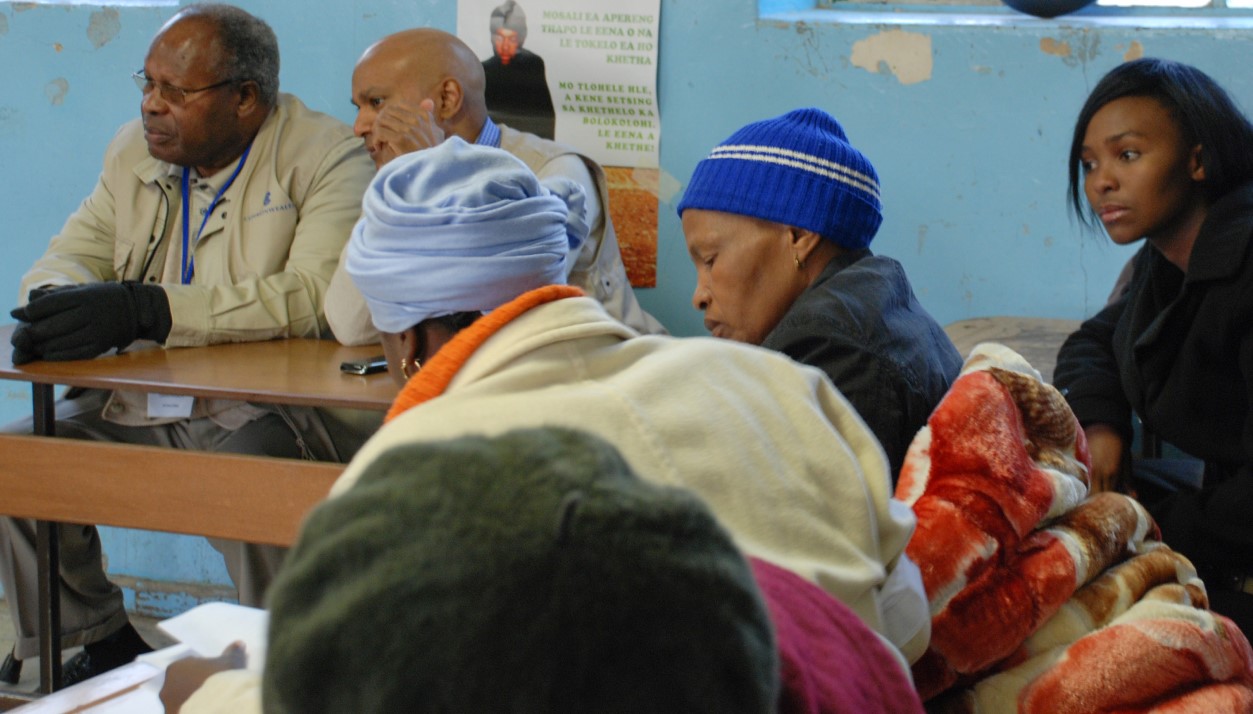
A bipartisan arrangement is ideal for the reforms:

Related Stories
Coalition compacts have betrayed the trust of Basotho -brought more problems than expected
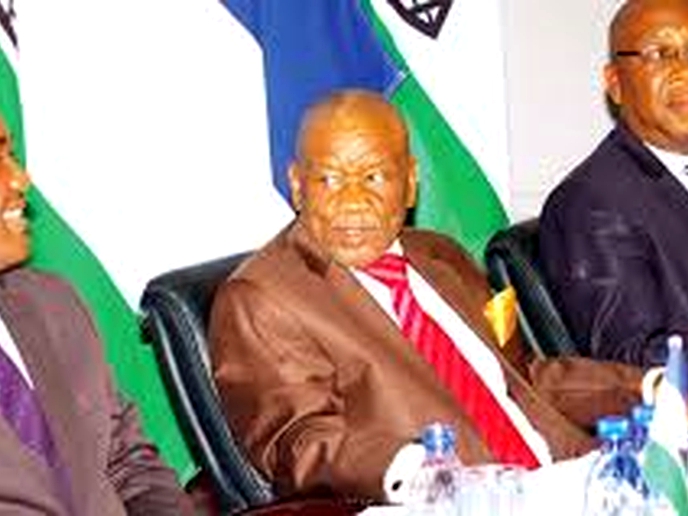
Mantra of 'grooming successors' in African politics, reality or myth?
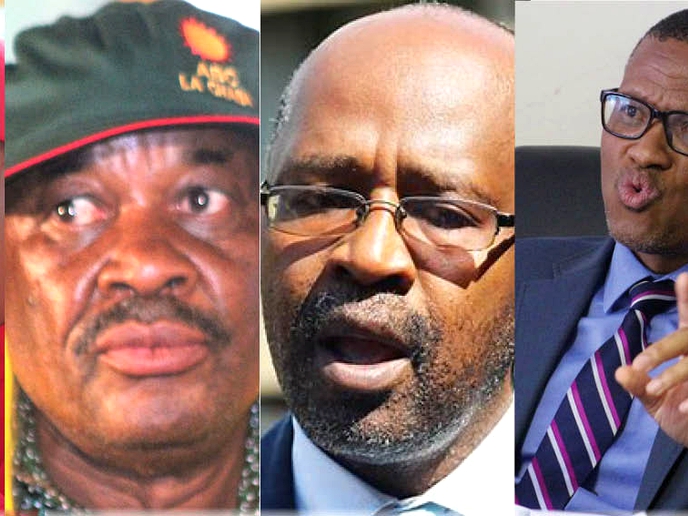
Majoro to grapple with a myriad challenges in his stint - one of them, two centres of power within the ABC
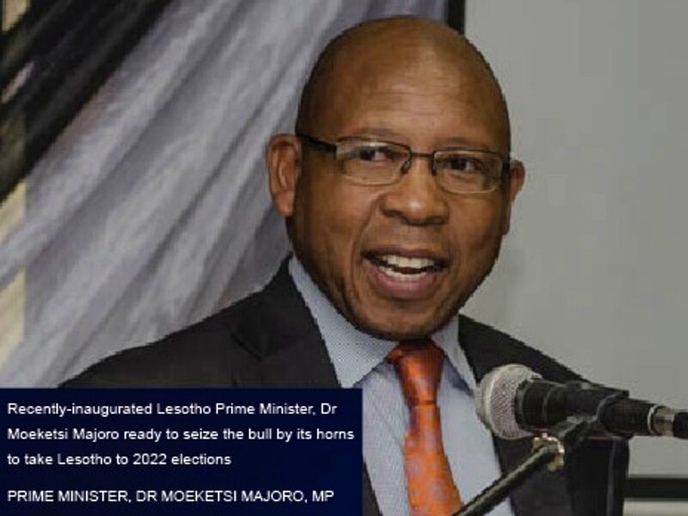
Opinion Vote Polls
Do you think the existing government is going in the right direction to benefit the people of the country?
Subscribe for your daily newsletters
Enter your email to subscribe to our newsletter.
